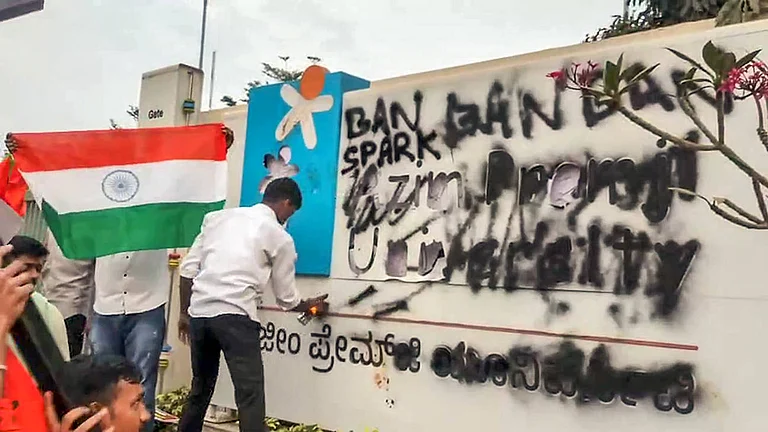Imtiaz Ahmad, former professor of political sociology at the Centre for Political Studies at Delhi’s Jawaharlal Nehru University, was a distinguished social scientist who touched the lives of countless students and colleagues throughout his illustrious career. At 83, Professor Ahmad departed from this world Monday, leaving behind a legacy that will forever resonate within the field of sociology.
Born on April 28, 1940, to a middle-class Muslim family in eastern Uttar Pradesh, Professor Ahmad embarked on his academic journey driven by his curiosity about the complexities of human society, with a specific focus on the Muslim community in India. He will be remembered for his seminal work on the sociology of Muslims in India.
After completing his graduation and post-graduation studies at Lucknow University, Professor Ahmad moved to Delhi for further studies. He joined the University of Delhi as an M. Phil. student. “Had I not moved to Delhi, I could not have done what I am today. Moving to Delhi opened a lot of opportunities,” he once said. Before joining Jawaharlal Nehru University as an associate professor in 1972, Professor Ahmad taught at Delhi College (1966-67). He was a fellow at the South Asia Centre, University of Chicago in 1968 and a Visiting Professor of Anthropology at the University of Missouri, USA, from 1968 to 1971. In 2002, he retired as a professor from the Centre for Political Studies, JNU.
His method of teaching and insightful lectures captivated minds. He possessed an innate ability to spark intellectual curiosity among his students. He challenged conventional wisdom and always encouraged critical thinking till his last breath, inspiring a generation of sociologists to question and analyse what we know. His lectures on the same topic in the classroom were never identical. He had the ability to add newness to his lectures.
Beyond the classroom, Professor Ahmad was a prolific researcher and published immensely. He is best known for his groundbreaking work concerning the various aspects of Muslim life in India. In the 1970s, he edited four volumes of books which dealt with four different dimensions of the Muslim community in India. These were centred around the question of stratification among Muslims, religion and ritual among Muslims, family and marriage among Muslims, and modernization and social change among Muslims.
His book titled ‘Caste and Social Stratification among Muslims in India’, which was published in 1973, is a pioneering work. He questioned the idea that Muslims are a monolithic and homogenous community. It is through these four volumes that Professor Ahmad and his collaborators advocated for looking at Islam from the perspective of a researcher and not a theologian. Professor Ahmad urged the need for understanding Islam and Muslim societies from the “inside”. For him, texts only say what religion is, but if one has to understand how the community understands the text and regulates their life, we need to look at religion from the eyes of the actor. For a researcher, religion, or for that matter any cultural idea, as practised is more important than as prescribed in the text.
Professor Ahmad has written extensively for national and international journals and magazines on the politics of communalism, human rights, electoral democracy, Muslims in India, Shia-Sunni relations and many other themes. Today, any scholar working on the Muslim community in India cannot ignore the contributions made by Professor Ahmad almost 50 years ago. The debates and discussions he initiated reverberate even today in the academic world. He has motivated all the coming generation of scholars and the public alike not only through his writings but also through his untiring effort as a social activist.
Professor Ahmad, a firm believer in the ideas of pluralism and secularism as inherent in the idea of India, has always stood for upholding them. He was a strong advocate and practitioner of ideas of equality and communal harmony. Along with many awards and recognition in his illustrious career, Professor Ahmad was awarded the prestigious Lifetime Achievement Award by the Indian Sociological Society in 2014 for his contribution to the sociology discipline.
His passing is an irreparable loss, not only to his family but his countless students, friends and colleagues who were touched by his intellect, kindness, and empathy. He served as a mentor and friend for many of his students providing support and guidance both within the classroom and beyond.
In this time of grief, let us remember Professor Imtiaz Ahmad for the impact he has made in the heart of his students, friends, and colleagues. May Professor Ahmad rest in eternal peace and his legacy will forever be cherished in our hearts.
(Imtiaz Ahmed Ansari is a Sociologist who currently teaches at Jamia Milia Islamia University)




















